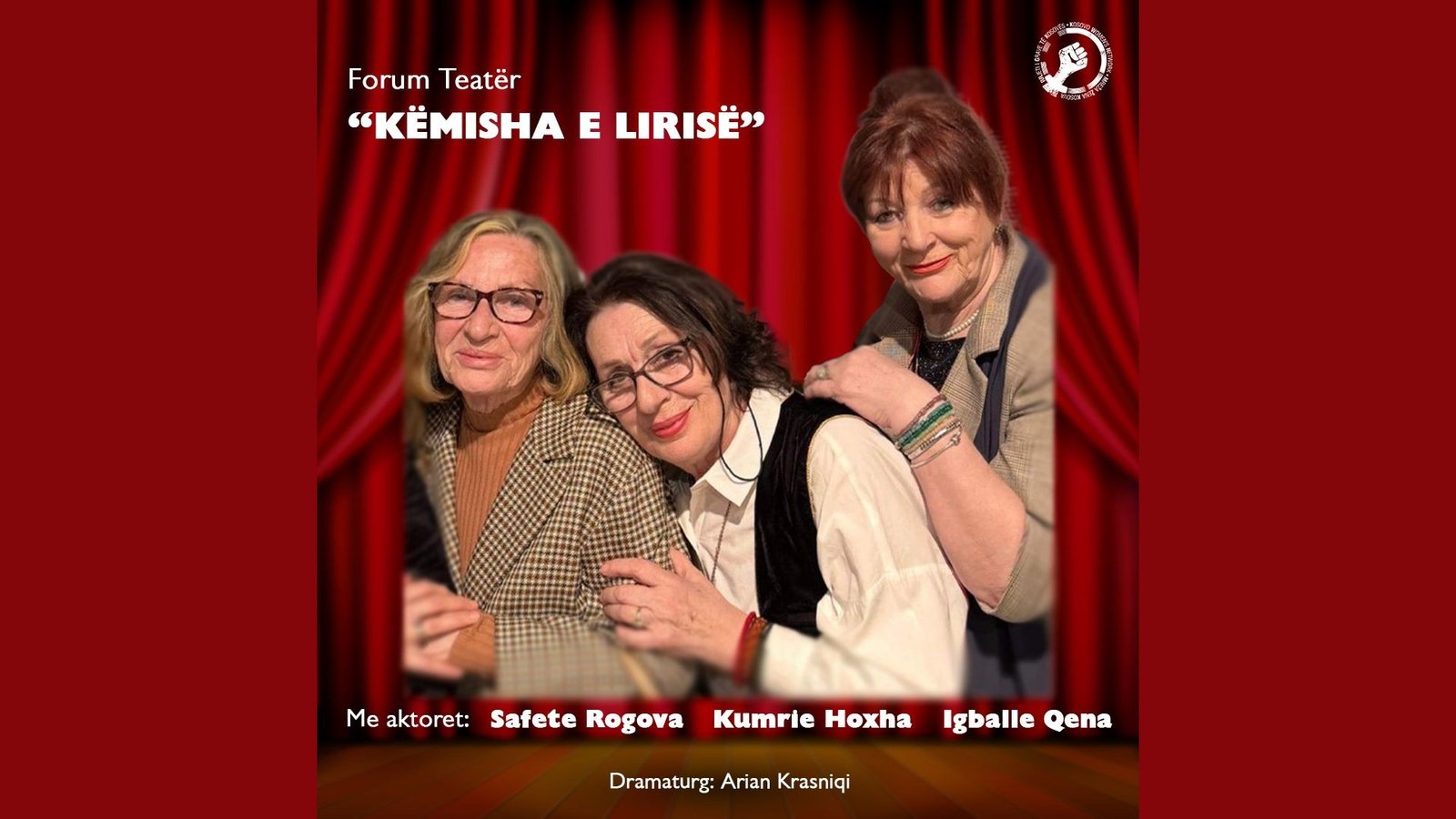Igballe Rogova, Executive Director, one of the was key speakers on behalf of the Kosovo Women’s Network (KWN) at an inter-parliamentary conference on the “Political Participation of Women in the Western Balkans and Turkey”, held at the European Parliament in Brussels on 4 Mar,.
During the session on “Improving the number of women in decision-making in the enlargement countries: Best practices from the region,” Rogova provided an overview of the history of women’s participation in Kosovo, noting the more equal participation of women and men in decision-making during the 1990s.
“Women did things that men did not dare to do at that time,” she said. “Women were brave.”
However, after the war, women had to start over in their struggle for equal participation in politics, largely due to the United Nations Mission in Kosovo (UNMIK), which promoted men leaders under the false pretense that Kosovo was a patriarchal country that lacked capable women leaders.
Amid these challenges, in the last 15 years women’s rights activists in Kosovo did not give up. They pushed for a quota for women’s participation within the electoral laws. They supported the establishment of the Law on Gender Equality, and they advocated for the Agency for Gender Equality (AGE) to be placed at the highest decision-making level, the Office of the Prime Minister of Kosovo, so that it could mainstream gender throughout all institutions in Kosovo while reviewing laws and policies at the central level to ensure a gender perspective. Activists have collaborated with parliamentary women, primarily through the Women’s Caucus, to advocate on issues of joint concern.
Now KWN has shifted its focus slightly, collaborating more with women municipal assembly members, gender equality officers, women in civil society and men supporters at the municipal level through the Lobby for Gender Equality. The Lobby seeks to advocate for gender equality at the local level, to share experiences and to collaborate on national campaigns.
“We cannot only think about Prishtina,” Rogova said, “but we must think about the entire country.”
Rogova also spoke about the European Union’s work in Kosovo.
“The EU is encouraging and financing regional cooperation, but at the same time has imprisoned Kosovo because visa liberalization was granted to all countries except Kosovo,” she said.“The lack of visa liberalization affects everyone, includingwomen’s rights activists who need to travel but whose freedom of movement is limited.” She called upon the EU to rapidly reconsider its discriminatory position on visa liberalization for Kosovo which was making the people of Kosovo feel imprisioned.
Other delegations from pre-accession countries also participated in the conference, including Bosnia and Herzegovina, Montenegro, Macedonia, Albania, Serbia and Turkey. In addition to Rogova, other members of the Kosovo delegation included four women parliamentarians. Members of the European Parliament, European Commission, European Institute for Gender Equality, embassies and NGOs also took part.
The conference was followed by a dinner hosted by European Parliament Vice-President, Ulrike Lunacek.



